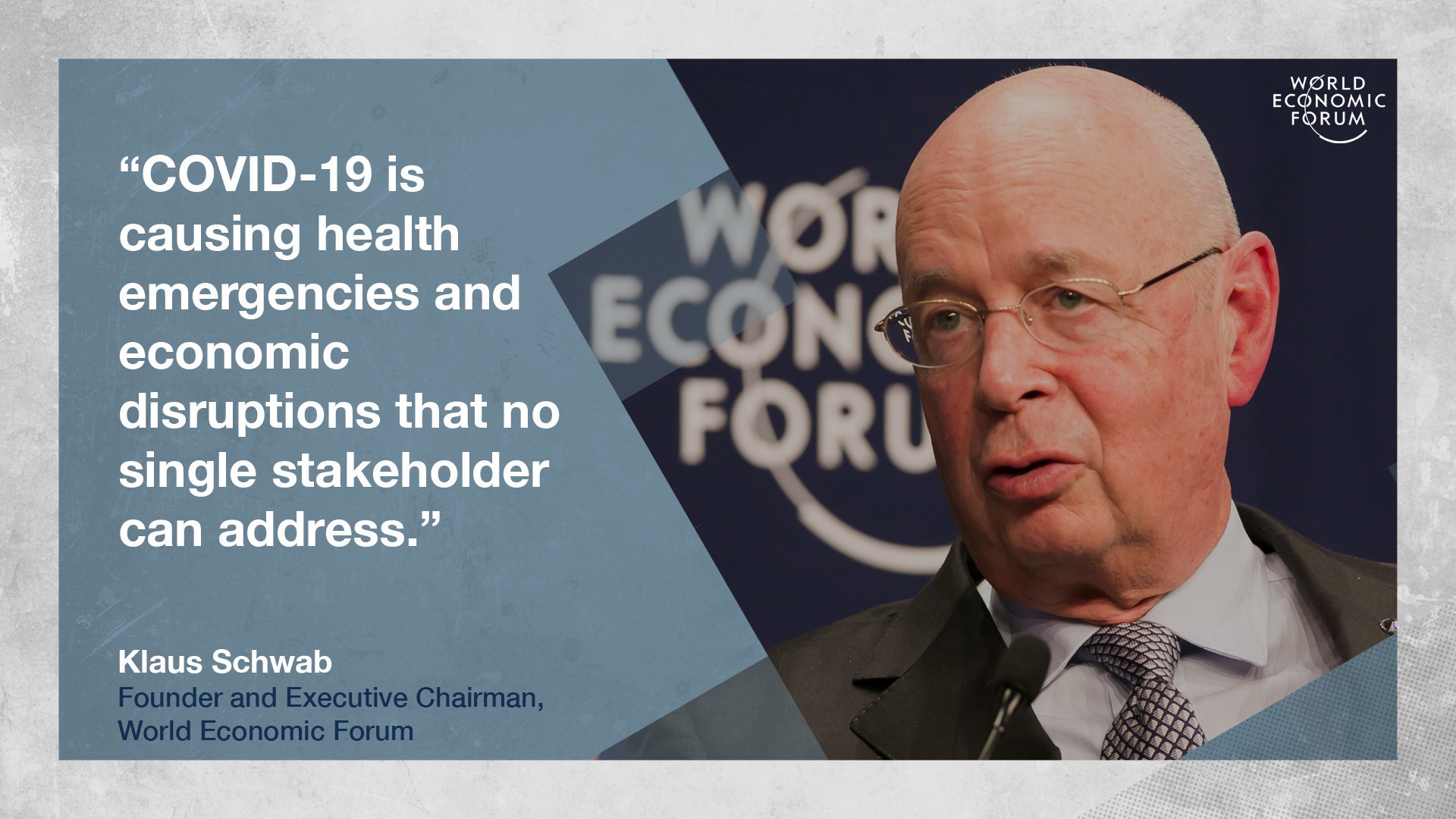
As coronavirus continues to spread across the globe, here are some of the most significant developments and selected articles to read, as of Monday 30 March.
COVID-19’s impact around the globe
- More than 33,000 people have died worldwide with over 724,000 infected, according to Johns Hopkins University. More than 150,000 have recovered.
- US cases surpass 143,000, quadrupling in the past week.
- Lockdown tightens in Australia, with restrictions preventing social gatherings of more than two people in public spaces.
- Cases in China decline. No new cases in Hubei for the sixth day.

In the US, deaths could reach 200,000. At a Sunday briefing from the White House’s coronavirus task force, lead coordinator Deborah L. Birx explained that models predicted US deaths could range between 80,000 and 160,000, with “maybe even potentially 200,000 people succumbing”. Without any restrictions, mortality rates could reach 1 million. Based on new modeling and recommendations, the Trump administration extended social distancing guidelines until 30 April.

Moscow declares a city-wide quarantine. Moscovites must observe physical distancing and leave their homes only for essential reasons. The city says a special pass will be issued in coming weeks, but the restrictions will not prevent movement in or out of the city. Meanwhile, the unemployed will receive monthly payments of 19,500 rubles ($245) per month.
In South Korea, an exercise last December helped the country prepare. In December, South Korean infectious diseases specialists had late last year worked through a drill involving a hypothetical scenario: a fast spreading disease contracted by a South Korean family after a vacation abroad. The exercise helped the specialists develop a special algorithm to help find the hypothetical pathogen – work that saved experts time when coronavirus infections appeared in South Korea just weeks later.
During the pandemic, how can you protect your mental health? Public Health England has released a number of tips to encourage people to take care of their minds as well as their bodies during the outbreak. They include: talking about your worries, looking after your sleep, setting goals and developing a positive new routine.
Is it safe to go for a run? Bruce Aylward, senior advisor to the World Health Organization (WHO) Director-General, told the Forum that coronavirus “moves in little droplets. And these droplets, they fall very quickly. They don’t float in the air.” So by maintaining proper distance from other people during activities such as running, you can stay safe. “It’s just a virus. It’s got to get from one person to another. Make it hard for the virus. We can beat this,” he said.
































